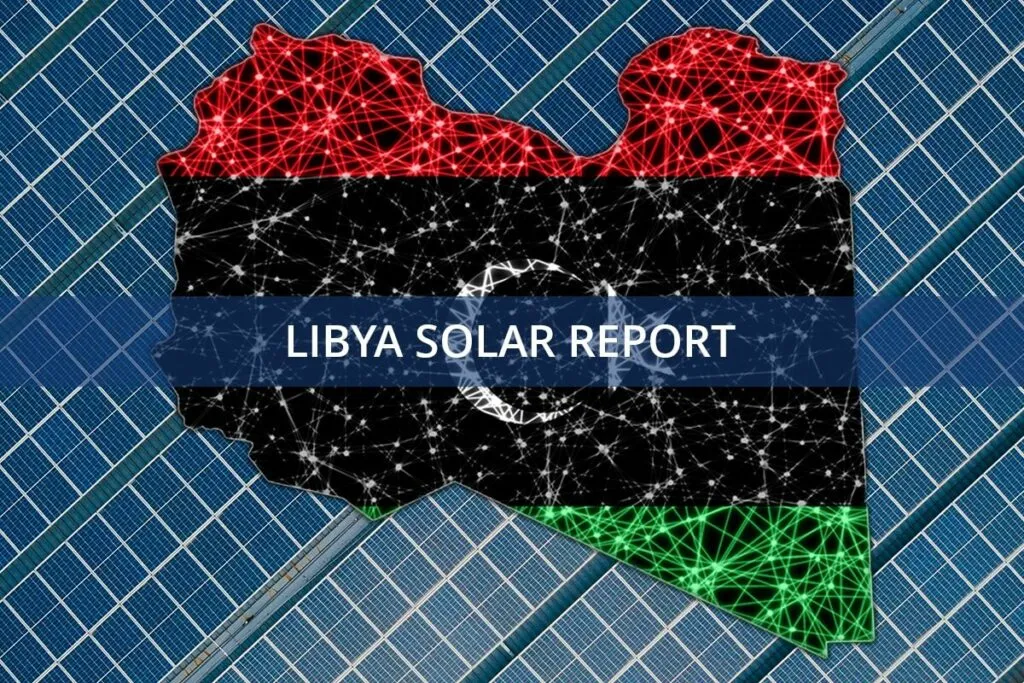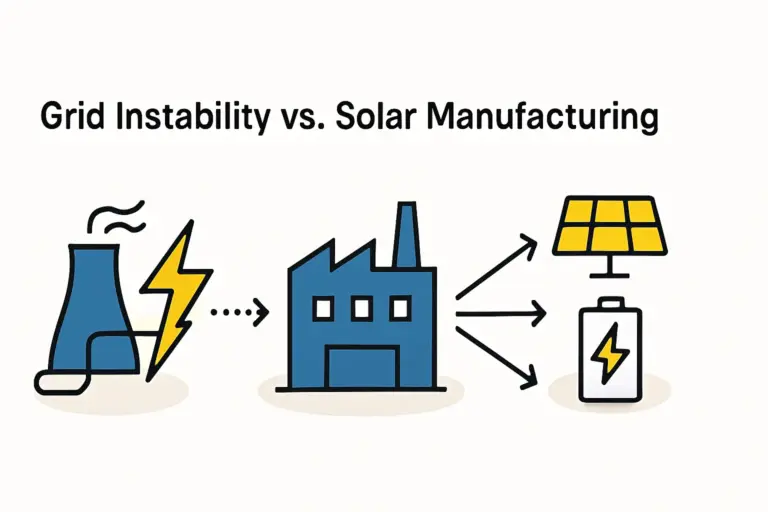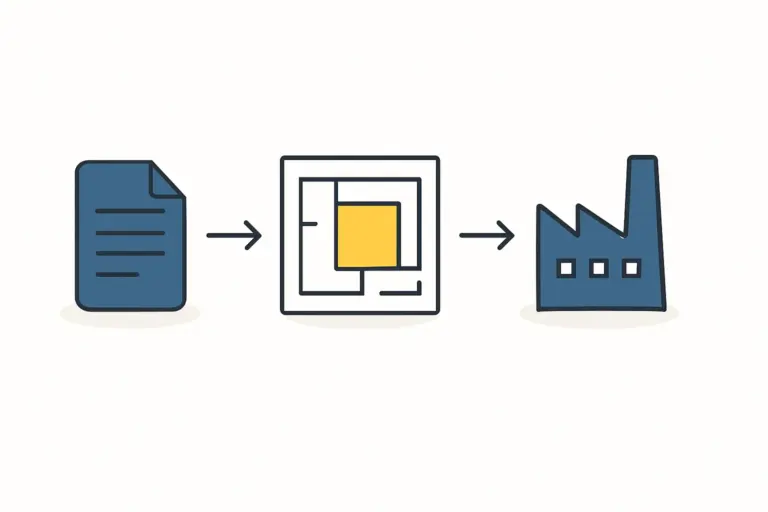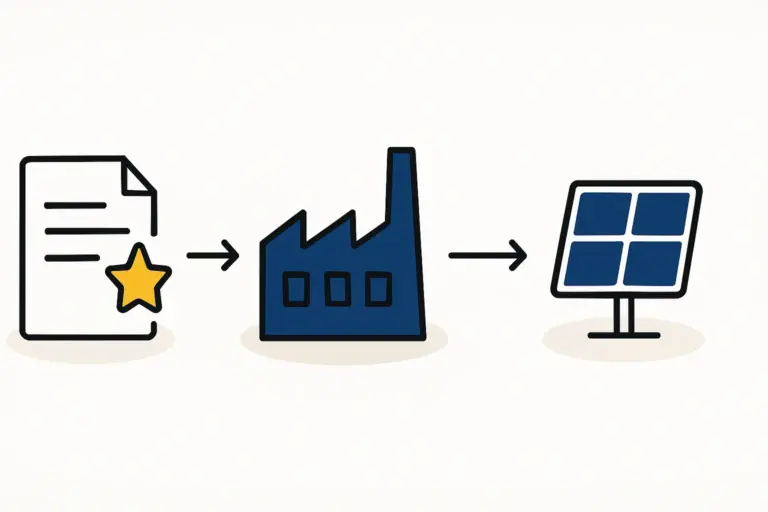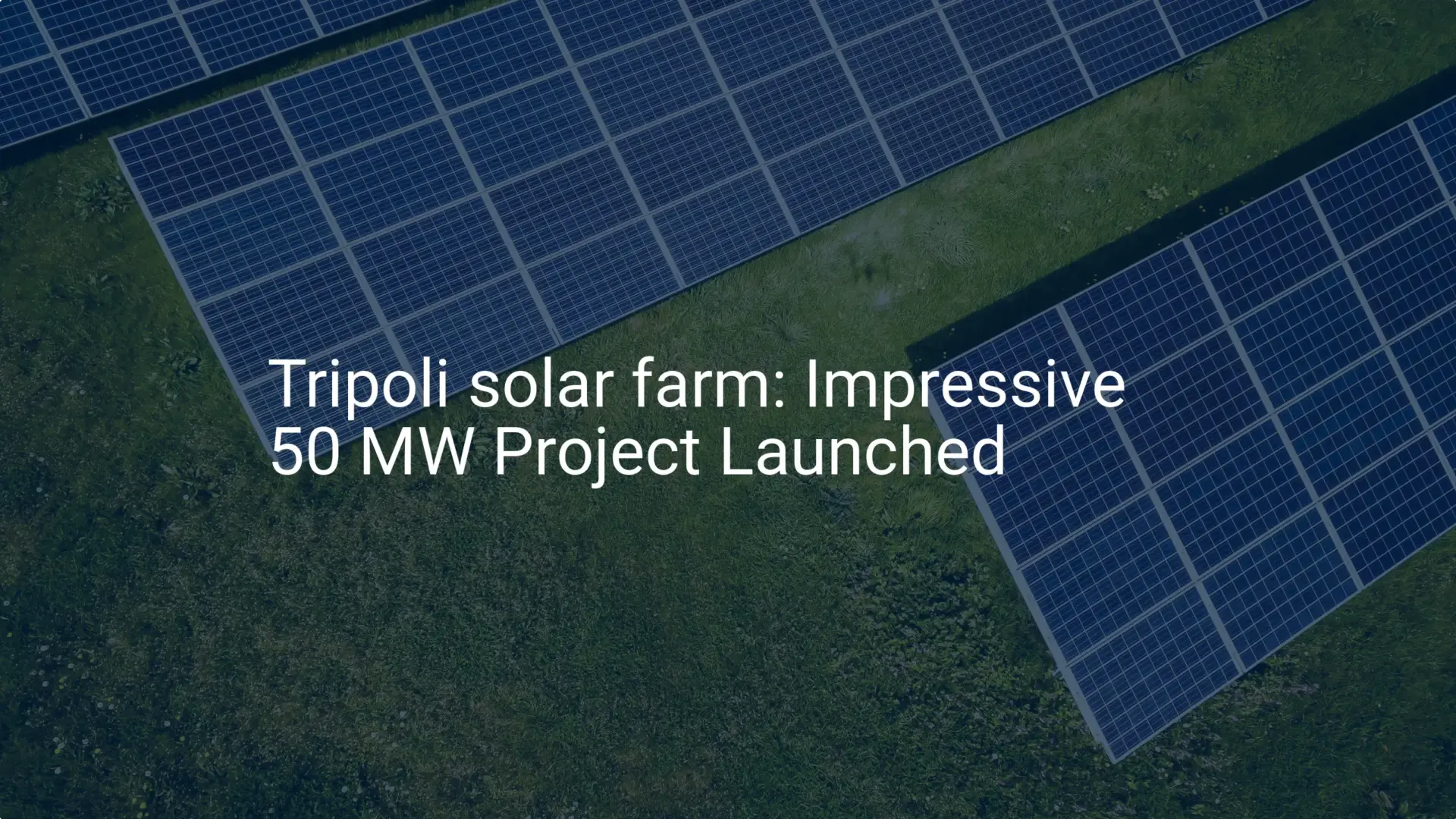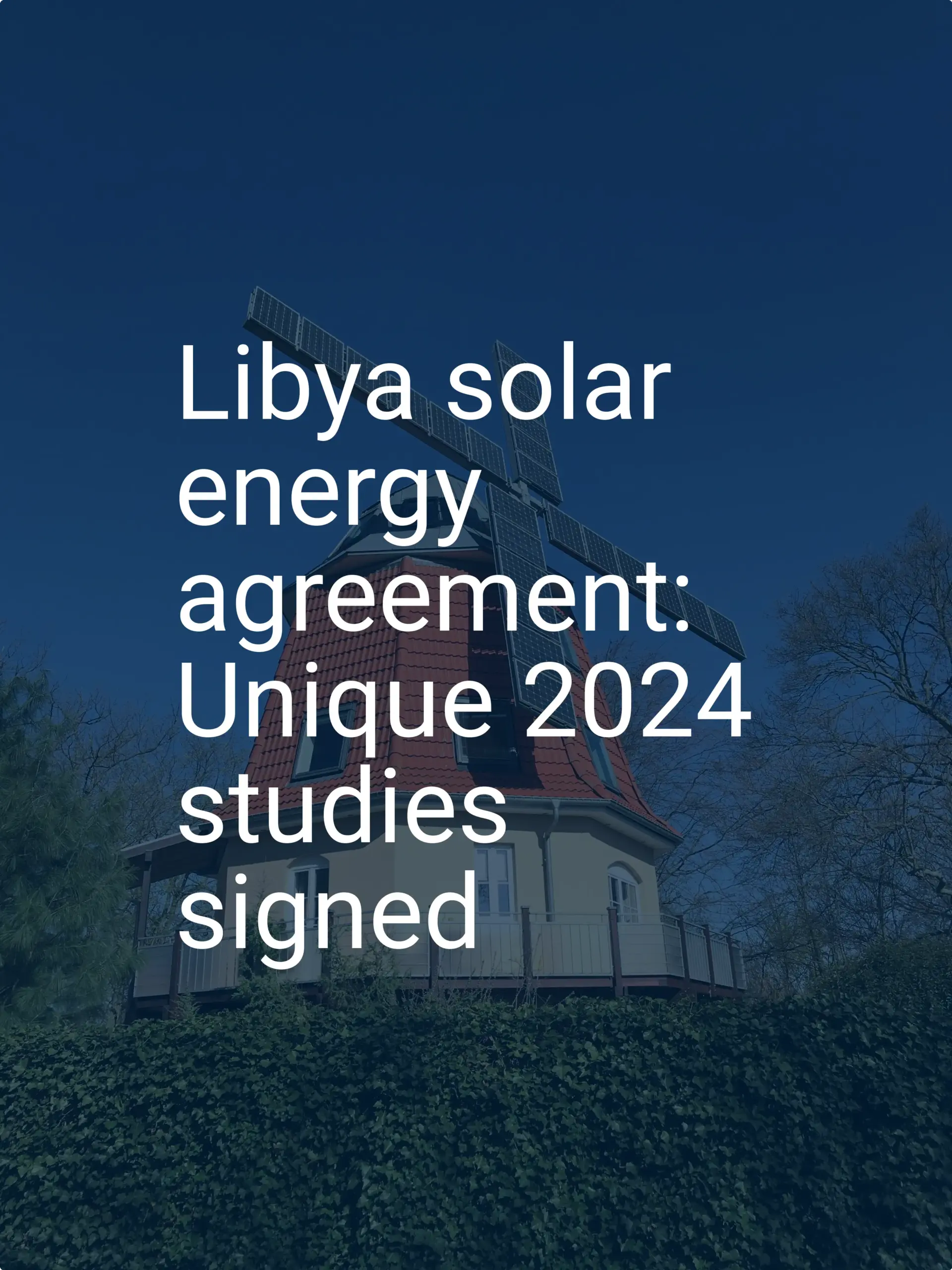A container of high-value solar cells arrives at the port of Misrata. Inside is a critical component for a new solar module factory, representing a significant capital investment. The success of the entire manufacturing operation, and its ability to meet production targets, hinges on the efficiency and predictability of the next few steps.
For entrepreneurs entering the Libyan solar market, understanding the intricacies of logistics is as crucial as mastering the production technology itself. This article offers a practical overview of the supply chain challenges and opportunities for a solar module factory in Libya. It examines the processes of importing essential raw materials and exporting finished solar modules to regional markets, with insights grounded in real-world operational experience.
The Two Pillars of Libyan Solar Logistics: Import and Export
A solar manufacturing business rests on two logistical pillars. The first is the reliable inbound flow of raw materials, such as solar cells, glass, EVA film, and aluminum frames. Any disruption here can halt the production line, leading to costly downtime.
The second is the efficient outbound flow of finished solar modules to customers. A bottleneck in exports can strain cash flow and damage the business’s reputation for timely delivery. Successfully managing both pillars is essential for building a sustainable and profitable solar module manufacturing business.
Navigating the Import Process for Raw Materials
The journey of raw materials from a global supplier to a Libyan factory floor involves several key stages, each with its own requirements.
Key Libyan Ports of Entry: A Strategic Overview
Libya’s primary commercial gateways are the ports of Tripoli, Misrata, and Benghazi. The choice of port is a strategic decision that involves more than simple geographic proximity to the factory.
Port of Tripoli: As the capital’s main port, it generally has extensive administrative infrastructure but can also experience higher levels of congestion.
Port of Misrata: Located within a free-trade zone, Misrata has become a major commercial hub with modern container handling facilities and is often favored for industrial imports.
Port of Benghazi: Serving the eastern region, it is a vital entry point for projects located in that part of the country.
Based on experience from J.v.G. turnkey projects, any port evaluation should also consider its current operational efficiency, the quality of local road networks, and the expertise of customs officials in handling industrial goods.

Customs Clearance: Common Challenges and Best Practices
The customs clearance process is often the most significant variable in the import timeline. While procedures are standardized on paper, their application can vary.
Common challenges include:
Documentation Accuracy: Customs authorities require precise and consistent documentation, including a Commercial Invoice, Bill of Lading (B/L), Certificate of Origin, and a detailed Packing List. Any discrepancy between these documents can trigger inspections and delays.
Tariff Classification: Solar components do not always fall into clear-cut categories. The international customs codes (HS codes) for specialized items like EVA encapsulant or solar backsheets can be subject to interpretation, potentially leading to disputes over import duties.
Valuation: The declared value of goods must be verifiable and align with international market prices to avoid questions from customs valuation departments.
To mitigate these risks, the best practice is to work closely with the supplier to ensure all paperwork is flawless before the shipment departs its port of origin. Business plans should also account for a potential customs clearance timeline of 5-15 days, which can be longer than in more established markets. A clear bill of materials is an essential part of this process, directly linked to effective raw material sourcing.
The Role of a Local Logistics Partner
For any international business operating in Libya, a reliable local customs clearing agent or freight forwarder is indispensable. This partner serves as your representative on the ground, managing the complex interactions with port authorities, customs officials, and transportation companies.
An experienced local agent can:
Navigate the local administrative landscape and informal procedures.
Preemptively address potential documentation issues.
Arrange for efficient inland transportation from the port to the factory.
A partner in Tripoli once resolved a documentation discrepancy in 24 hours that could have held up materials for weeks, saving a project significant costs in potential production downtime.
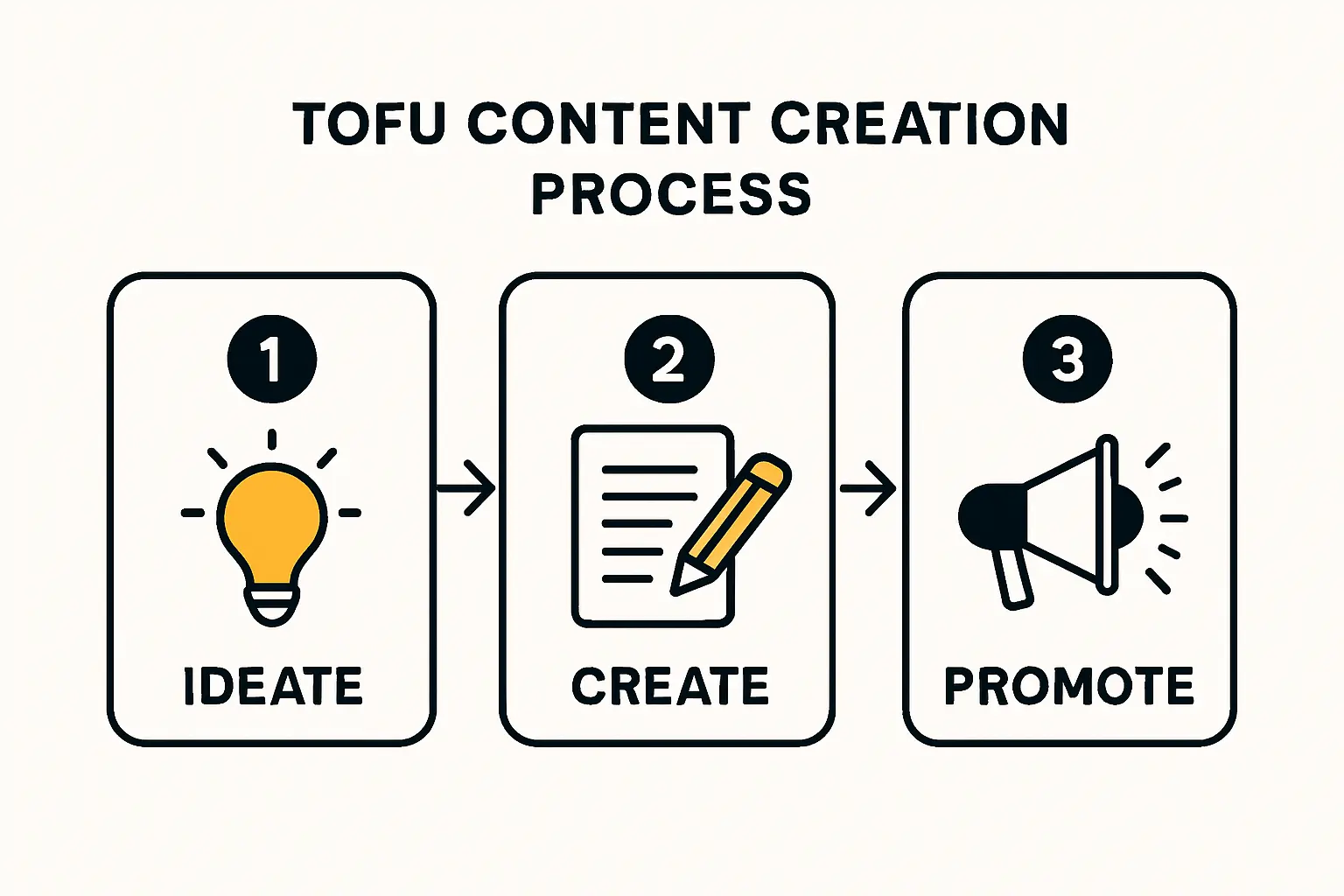
Exporting Finished Solar Modules to Regional Markets
Once production is underway, the focus shifts to delivering finished modules to customers. The export process requires a different set of logistical considerations aimed at market access and cost-effective distribution.
Meeting Export Requirements: Documentation and Certification
To be competitive in regional and international markets, Libyan-made solar modules must meet established quality standards.
Product Certification: Certifications such as IEC 61215 and IEC 61730 are non-negotiable for most commercial and utility-scale projects. These certifications demonstrate that the modules meet international standards for performance, safety, and durability.
Export Documentation: Standard export documents include a commercial invoice, packing list, and certificate of origin. For certain destination countries, additional attestations or legalizations may be required.
Packaging and Handling: Modules must be securely packed in sturdy wooden crates to withstand the rigors of sea and road freight. Proper labeling with handling instructions is essential to prevent damage.
Targeting Key Export Destinations
A factory in Libya is well-positioned to serve markets across North Africa and the Sahel region.
This geographic advantage can translate into shorter shipping times and lower transportation costs compared to modules imported from Asia. Potential export markets include Tunisia, Algeria, Egypt, and growing energy markets in countries like Chad and Niger. This advantage is particularly valuable in regions where high solar irradiation is common but grid infrastructure can be unstable, driving demand for decentralized solar solutions.
Understanding the import duties and trade agreements of each target country is crucial for developing a competitive pricing and distribution strategy.
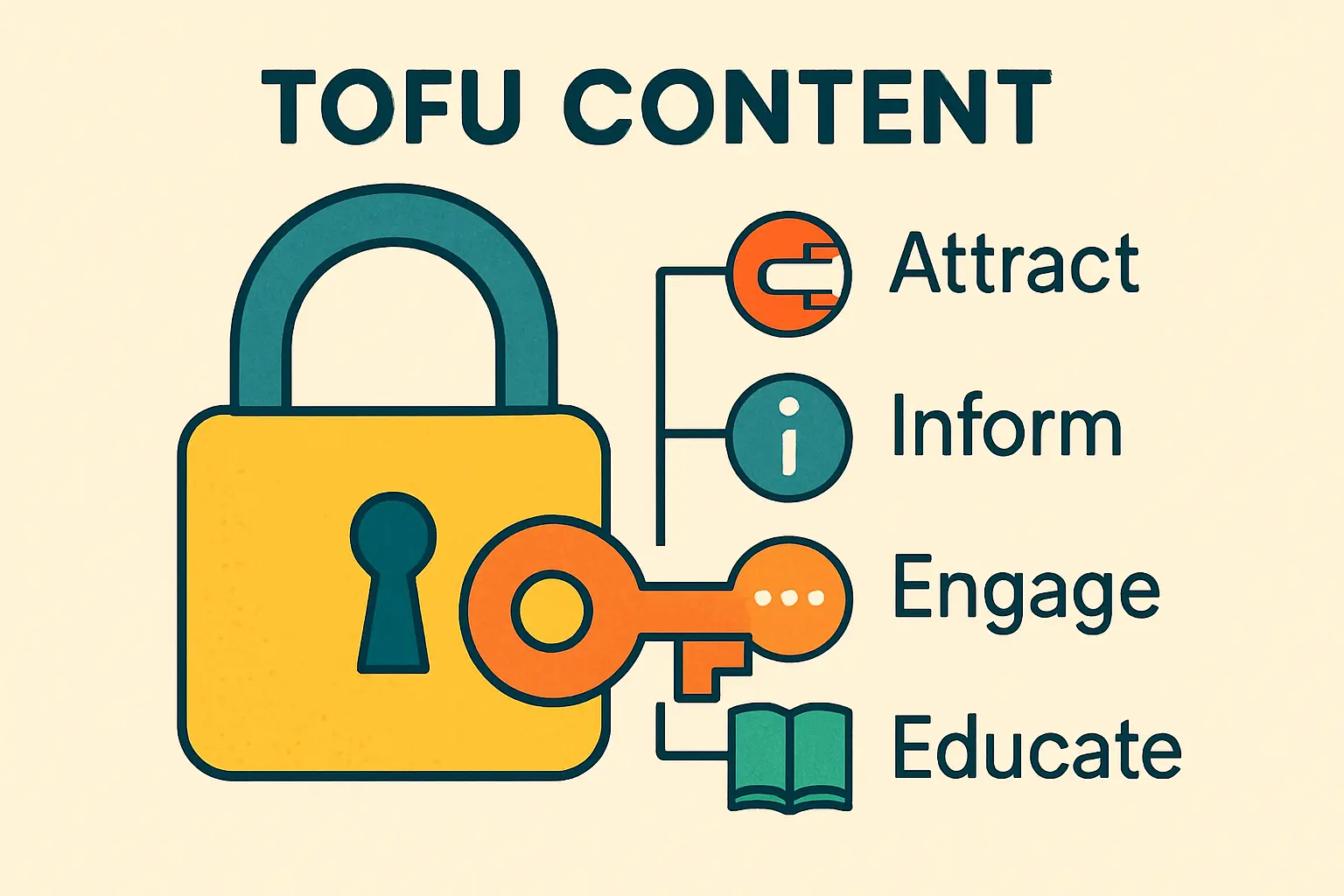
Integrating Logistics into Your Business Plan
Logistics should not be treated as an operational afterthought. The costs associated with shipping, customs, and inland transport for both raw materials and finished goods directly impact the final cost-per-watt of your solar modules.
A robust business plan includes detailed projections for supply chain expenses, inventory holding costs, and transportation timelines. This planning also influences the factory layout and design, as the layout must account for adequate warehousing space for both incoming materials and outgoing products.
Frequently Asked Questions (FAQ)
What is the average customs clearance time in Libyan ports?
While it can vary, a reasonable expectation is between 5 and 15 business days, assuming all documentation is in order. Delays can occur, so building a buffer into your production schedule is recommended.
Do I need special permits to import solar manufacturing equipment?
Importing heavy machinery often requires specific approvals or registrations with the Ministry of Industry or other relevant bodies. A local logistics partner can provide guidance on the exact requirements for capital goods.
Are there free-trade zones in Libya that benefit solar manufacturers?
Yes, the Misrata Free Zone is a prime example. Operating within a free zone can offer benefits such as exemptions from customs duties on imported raw materials and equipment, provided the finished goods are intended for export.
How can I verify the reliability of a local logistics partner?
Seek referrals from other industrial companies operating in Libya, check for official licenses and registrations, and conduct thorough due diligence. A trial shipment of non-critical supplies can also be a practical way to test a partner’s capabilities.
Successfully managing the supply chain is a critical factor for any solar manufacturing venture in Libya. It requires meticulous planning, a deep understanding of local procedures, and strong partnerships on the ground. By addressing these logistical challenges proactively, an entrepreneur can build a resilient operation capable of capitalizing on the immense solar potential of the region.
A comprehensive understanding of these operational details is a cornerstone of the structured planning required to launch a solar factory.

